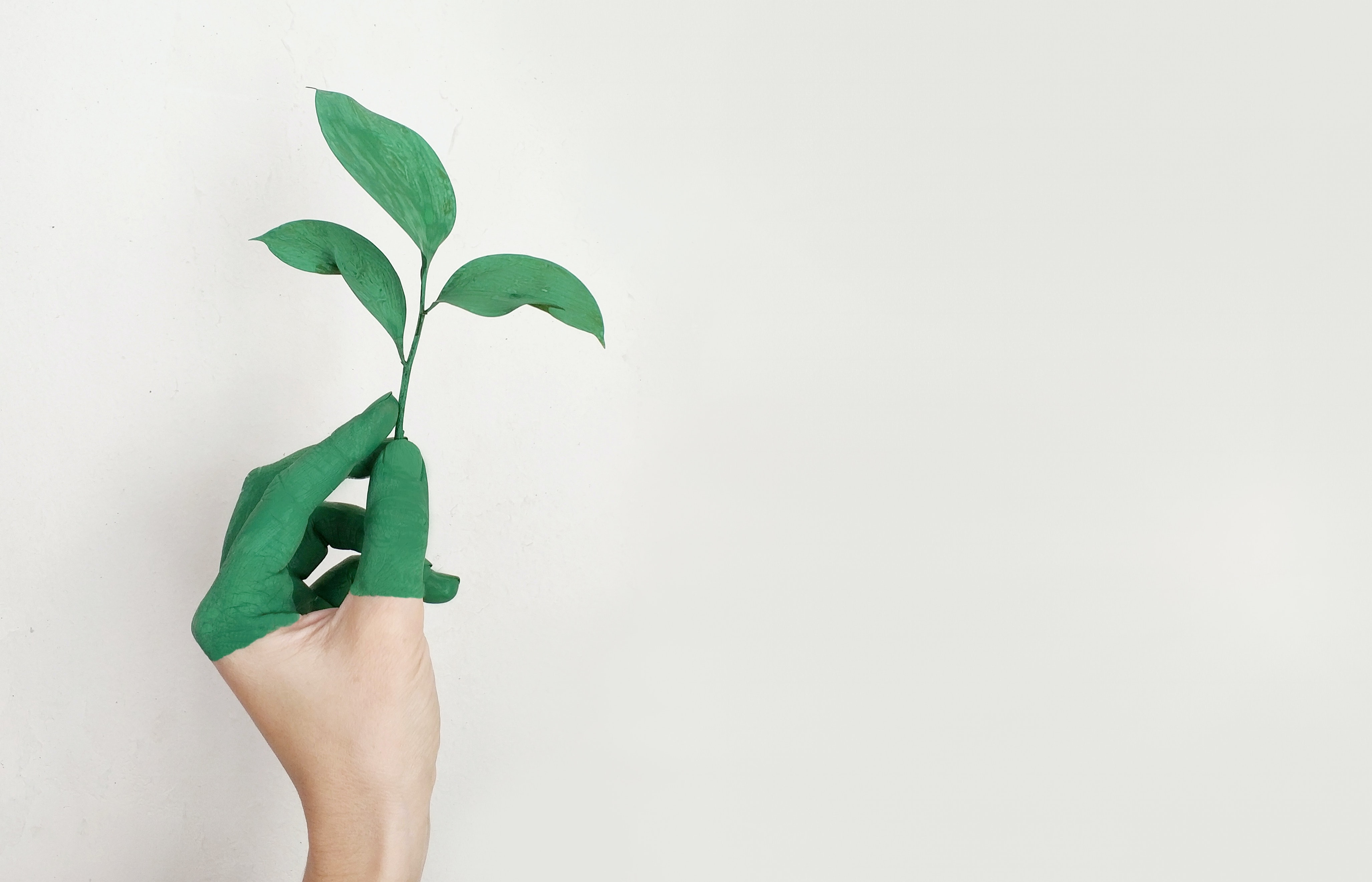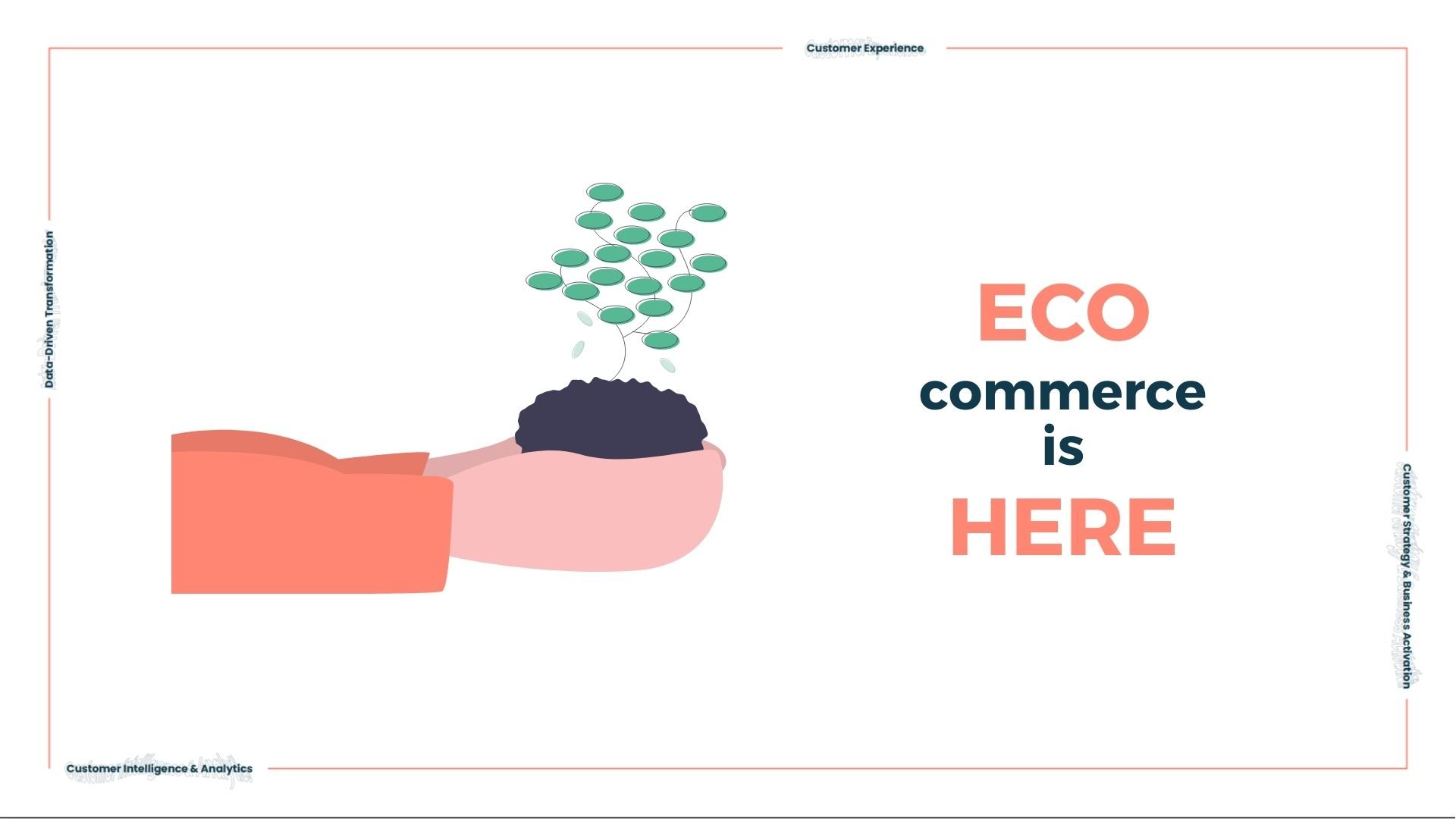A new type of customer is transforming the market. With social concern for the environment on the rise, customers are paying more and more attention to the environmental impact of their purchasing decisions. We discuss the impact of the new eco-friendly consumer and the rise of sustainable consumption.

The pandemic caused by Covid-19 has had many sociocultural consequences. Among those, an increasing social concern about the environmental impact of our daily actions. Environmental concern is not a new phenomenon. Before the pandemic, society was already moving towards a growing environmental concern, especially among young people. Are you familiar with Greta Thunberg?
However, during the peak stages of the pandemic when citizens were unable to leave their homes, a marked improvement in environmental pollution indices was quickly detected. This phenomenon highlighted the fact that our actions do indeed have a strong impact on the environment, awakening a concern for ecology and sustainability in many people who, before Covid-19, did not make these issues a priority.
- 50% of global consumers say they have become more environmentally friendly in recent years (PwC).
The impact of the new eco-friendly consumer
A growing number of customers are paying attention to the environmental impact of their purchasing decisions and prioritizing sustainable consumption.

As younger consumers become more influential in the market and social concern for the environment increases, business leaders are beginning to question the effectiveness and durability of their business models. According to PwC data, the eco-friendly consumer is gaining relevance and sustainable consumerism is here to stay.
- 81% of consumers worldwide expect companies to be aware of the impact their advertising campaigns and communications have on the environment. (Visual GPS & YouGov).
- 69% of consumers globally say they are doing everything they can to reduce their carbon footprint (Visual GPS & YouGov).
Who is the new eco-friendly consumer?
In our article "Marketing for millennials" we already noted that the new generation of consumers is more concerned about sustainability and the environment than previous generations.
This natural evolution towards sustainable consumption is not incidental. According to B2B, millennials will represent 44% of the workforce by 2025 and 73% of working millennials are already decision-makers, so they are the ones making business decisions.
Without a doubt, the rise of sustainable consumption is linked to a generational change:

However, we cannot ignore the fact that a significant part of society remains reluctant to make sustainable purchasing decisions. Research indicates that the reason is not that they do not believe in sustainability, but that they give more importance to other factors when making their purchasing decisions, especially because they believe that sustainable products are too expensive. Other clients mention limited availability of such products and lack of time to research.
The reasons why many consumers are not making sustainable purchasing decisions can be a good business opportunity.
- New business opportunity: Consumers are missing products or services with a low carbon footprint that are also easy to find, accessible and low priced.
What are companies doing in response to the rise of the eco-friendly consumer?
Many companies have already realized that sustainability is influencing their customers' decisions. One of the most notable cases is the consumer goods and food service industry, which is switching from plastic to paper to reduce the environmental impact of its products. The same is being done by e-commerce in the packaging of their products. However, carbon footprint reduction applies not only to physical products and their packaging, but also to the environmental footprint of shipping, marketing campaigns, customer experience, internal processes and operations, and so on. Even companies that are not in the business of selling products can reduce their environmental impact.
In addition to the changes being made by long-established companies, sustainability is already a business opportunity and an element of differentiation from the competition. More and more companies are opting for sustainable consumption as a management model and making sustainability their value proposition.

Trend or turning point?
All that has been said in this article leads us to conclude that, rather than a trend, sustainable and eco-friendly consumption is a turning point.
Research into new consumer habits and business trends indicates that concern for the environment is not going to go out of fashion and, in fact, is not a trend.
This places us in a scenario in which companies must evolve towards more sustainable business models, as well as pay more attention to the new eco-friendly consumer, with an increasingly prominent role in the market.



